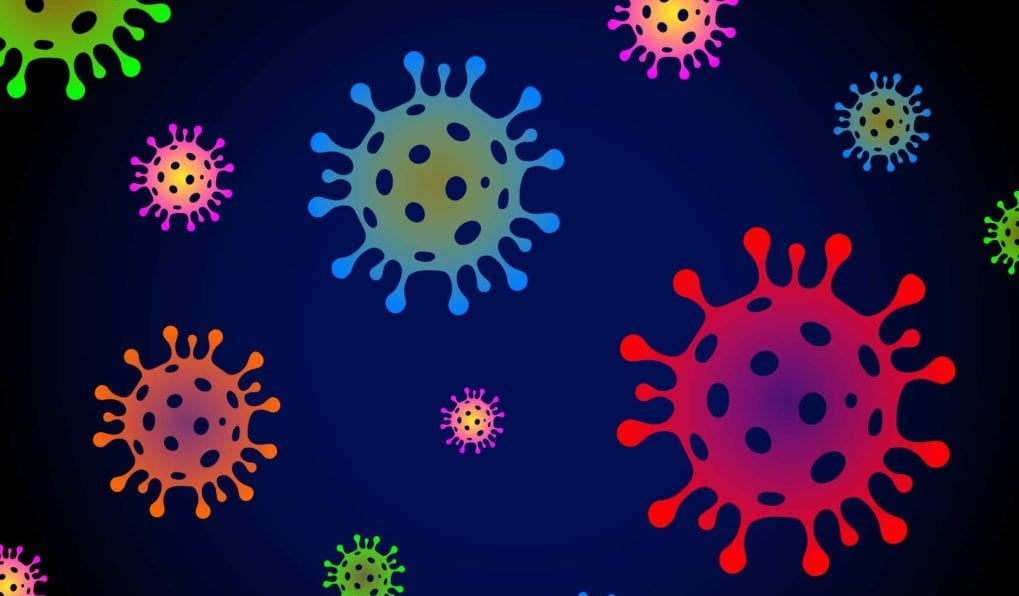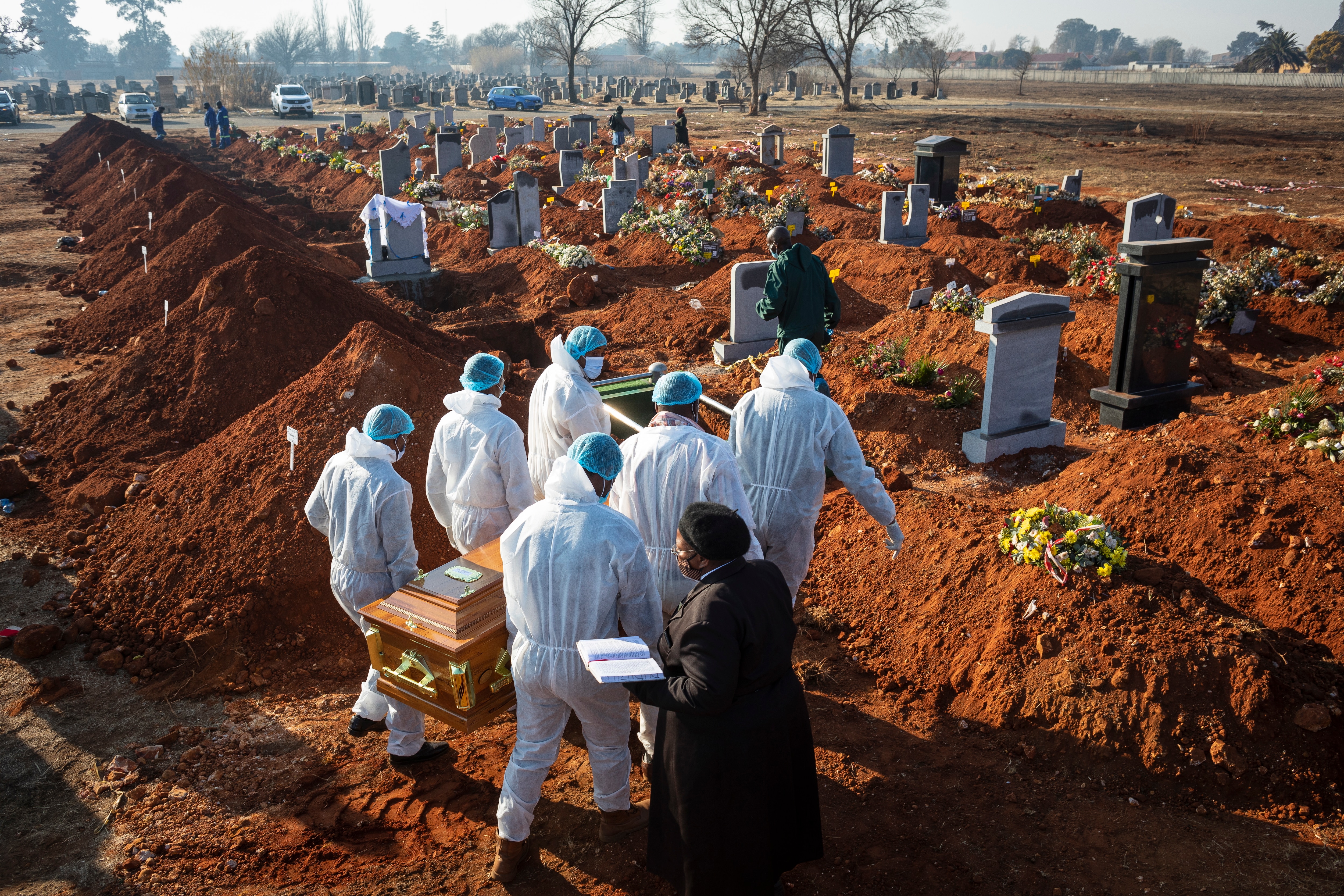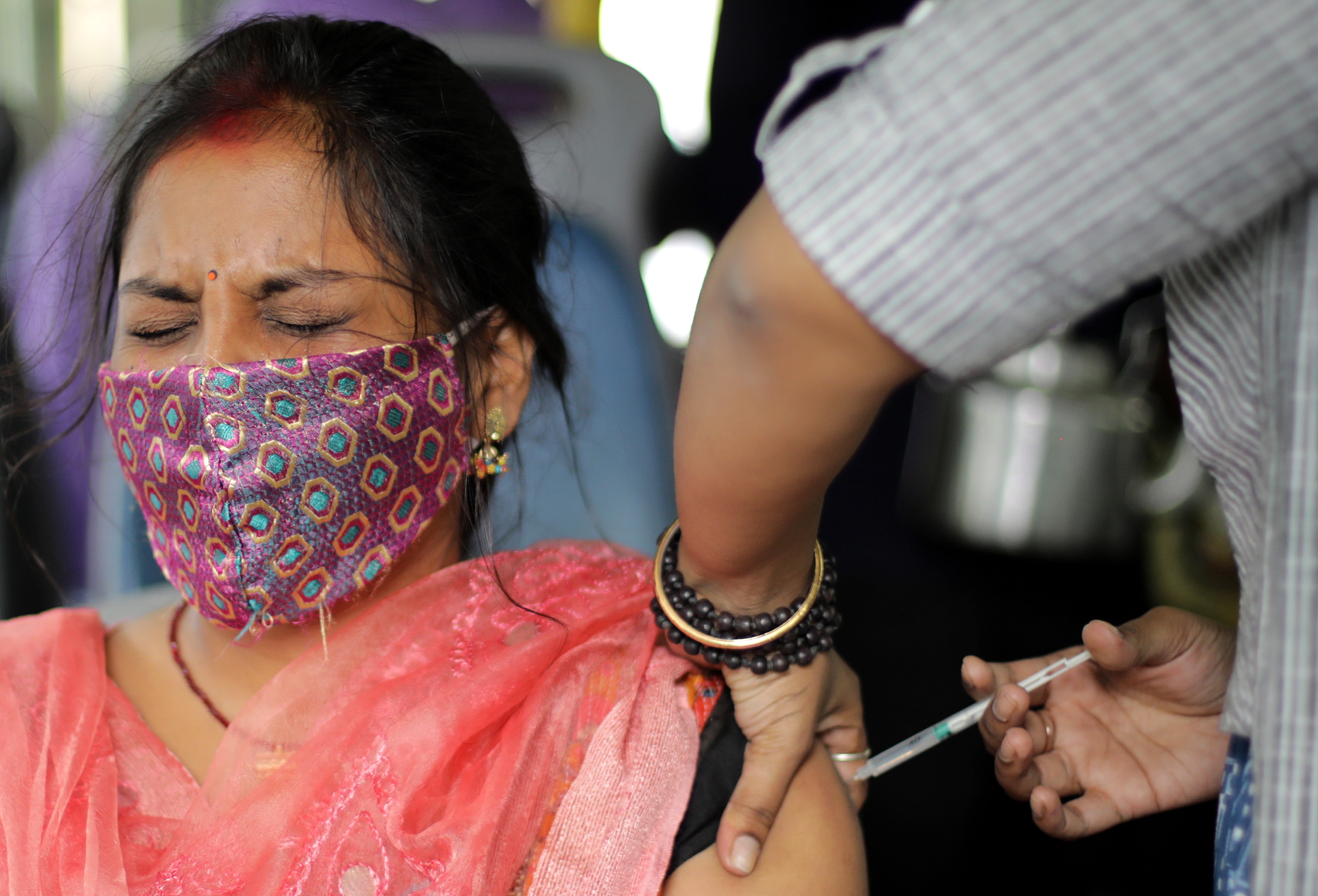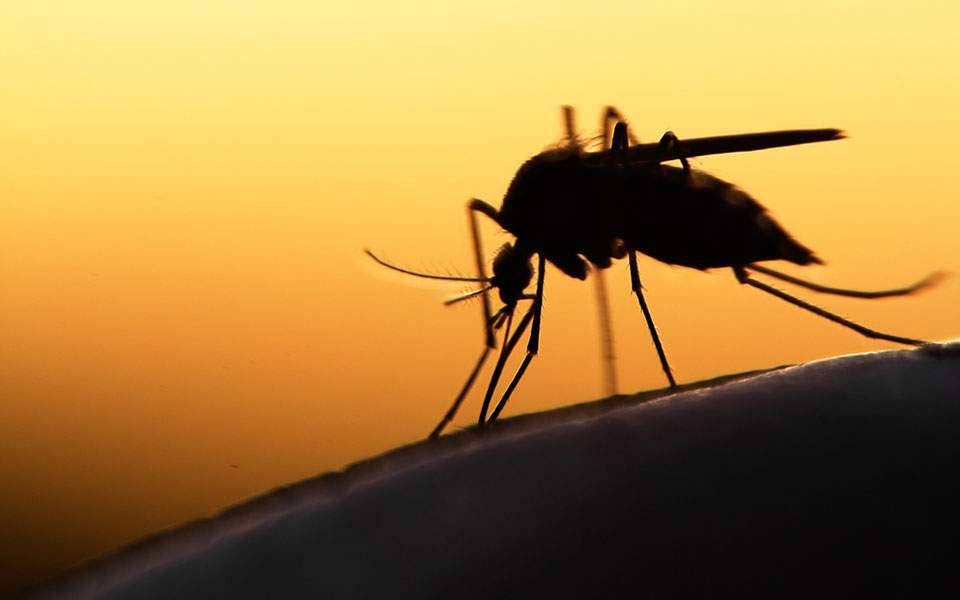Alpha, Delta, Kappa: The coronavirus variants people in Australia need to know about

It has been 18 months since COVID-19 began to grab the world’s attention, quickly spreading from the Chinese city of Wuhan before infecting and killing millions and overwhelming health systems in all corners of the globe.
The global death toll is rapidly approaching 4 million, with 180 million people infected with the virus at some stage.
During this time the virus has not only spread but has also mutated multiple times. There are now several variants of the original COVID-19 virus that are more transmissible, with one predicted to soon be the world’s dominant variant.
What are the main variants?
Late last month, the World Health Organisation (WHO) renamed the different variants after letters of the Greek alphabet.
In Australia, there are three variants of concern: Alpha, Kappa and Delta. They are also sparking record high infections in parts of Europe and the subcontinent, while variants known as Beta and Gamma are also wreaking havoc in Africa and South America.
The WHO is closely watching the Alpha, Beta, Gamma and Delta variants, but Delta is the one of most concern.

COVID-19 is caused by an RNA virus, the same virus which causes influenza.
Professor Robert Booy, an infectious diseases specialist at the University of Sydney and the Immunisation Coalition, said that RNA viruses tend to mutate “very easily”.
“COVID-19, like influenza, doesn’t copy itself very well at all, so the progeny, the babies of one virus, can be slightly different, mutated from the original virus,” he told SBS News.
“Viruses want to survive just like how you and I want to survive, and so although they don’t have volition, they can’t make a decision. The viruses that do survive are those that can transmit. So in mutating, those that are able to transmit from one person to another, and on and on, are those that become entrenched in the community.”
Delta: the ‘dominant variant’
Delta, first identified in India, is now being reported in more than 80 countries and has health authorities increasingly worried due to how highly transmissible it is.
It is behind the recent cluster of cases in Sydney and was seen during a recent outbreak in Melbourne.
“The Delta variant is well on its way to becoming the dominant variant globally because of its increased transmissibility,” WHO’s chief scientist Soumya Swaminathan said last week.
Catherine Bennett, chair in epidemiology at Deakin University, said Delta “is pretty much everywhere where COVID is at the moment”.
“It’s a variant that we’ve been watching because we have seen it outcompete the other variants of concern,” she said.
“It can quickly outcompete the other variants that are there. We saw it in England, we’re seeing it across Europe now, and we’re also seeing it in the US. It’s quickly becoming established in some areas as the dominant strain.”

Just three months after being first detected in the UK, Delta now makes up more than 99 per cent of cases there. It is also making up 90 per cent of new infections in Russia, where record high daily cases are being reported compared to the start of the pandemic.
“This particular variant is potentially 60 per cent more infectious than we saw with the Alpha variant and that already was 50 per cent more infectious than other variants,” Professor Bennett said.
Research from Public Health England estimates Delta has a reproductive value of 6.0, compared to between 2-3 from the other variants. That means for every one person infected with Delta, six other people will catch the virus.
“Researchers found that with the Delta variant, the ‘viral load’ carried by those infected is higher than other variants,” Professor Bennett said.
“[It] builds quicker and people can become infectious sooner, with people likely to be more infectious due to the high viral load.
And while data suggests it is more transmissible, epidemiologists say it is too soon to know if it causes more severe illness.
India is also currently monitoring a new variant, known as Delta Plus, with its health ministry reporting 22 cases.
India’s federal health secretary Rajesh Bhushan said the same variant has been found in eight other countries and is being closely watched, but the original Delta variant remains the most concerning.
Alpha: ‘also of concern’
Alpha, the variant originally associated with the UK, may have been replaced by the Delta variant as the most dominant there, but it remains an issue for health authorities in many countries, including Australia.
It is 50 per cent more contagious than the original COVID-19 virus.
“Alpha is also of concern and is spreading,” Professor Booy said.
“We’re still seeing the Alpha strain coming in on our borders, that’s the variant associated with the Queensland flight crew case and hotel transmission there,” Professor Bennett said.

Professor Bennett said Alpha was becoming the dominant variant in Australia, but it has been overtaken by Delta.
“We were seeing [Alpha] being brought in with returning travellers.”
“But now – whether it’s people from Asia, Europe or North America – the chances are it’s going to be a Delta variant if they do happen to be positive. So I think we have to get used to the fact that Delta will be the dominant global variant, and that’s the one we really need to be focused on.”
Kappa: the ‘other’ variant
There are also warnings in Australia about the Kappa variant – also known as the ‘other’ variant – that was first identified in India.
“Several months ago, people noticed that there was a mutant strain developing in India,” Professor Booy said.
“They called it a double mutant, but indeed there was probably a dozen mutations that led to this new variant.”
“We saw Kappa in Victoria in the recent outbreak – that contributed to nearly 100 cases,” Professor Bennett said.
Health experts say the concern is that Delta and Kappa are much more transmissible, spreading throughout India and the subcontinent, and now in Australia too.
“We really need to respond as well as can … We need to maximise the sensible precautions we’ve always been making; wearing masks, that’s a good idea, but also social distancing – keep it up,” Professor Booy said.
Do Australia’s vaccines work against these variants?
The vaccines being widely used in Australia are Pfizer and AstraZeneca.
Professor Bennett said both have been the predominant vaccines in the UK and both have been shown to be protective against Delta but are slightly less effective compared to original variants.
“It’s not too bad if you get to that second dose. For fully vaccinated people there’s still good protection against this particular variant,” she said.
“What we’ve seen in the UK is 83 per cent of cases [of Delta] are in people who aren’t vaccinated. And in fact, of the cases, 3.7 per cent of those were people who were fully vaccinated. So vaccination is still our best strategy.”
Professor Bennett said both vaccinations both have high rates of protection against hospitalisation when it comes to the Delta variant.
“For vaccine efficacy, the numbers that have come out of the UK lately show that if you’re fully vaccinated – and we’re talking about protection now against serious illness and hospitalisation – you still have between 96 to 92 per cent coverage, protection – whether you have had AstraZeneca or Pfizer after your second dose.”

Fresh data from Public Health England and the London School of Hygiene and Tropical medicine also suggests the Delta variant is more susceptible to the vaccine when it comes to serious illnesses.
“It seems that there is a slight reduction in overall effectiveness against infection when you go from the original Wuhan variants to the Alpha variant, and a slight drop away again with the Delta variant,” Professor Bennett said.
“But they’re still high; we’re talking about a 10 per cent drop, so it might drop from 88 per cent to 80 per cent or thereabouts. It really means that the higher the vaccine coverage in the community the better, just to offset that slight drop in efficacy.”
Professor Booy said both vaccines are even more effective against Alpha and Kappa, and is urging Australians to get vaccinated as soon as they are able to book an appointment to do so.
“This is a really dangerous time because we are becoming lax and complacent just as the virus is becoming more transmissible,” he said.
Source: sbs




